If I were to ask my elders, my colleagues, and my current students to describe what your math homework looks/looked like, I assume that everyone would have a similar answer. Most would say their homework was do questions 1-30 odd from section 2.3. If I were to ask in what form it was turned in, most would saw on paper with pencil (and more often than not, it _had_ to be pencil).
We've all done this type of homework, and we've all survived. So why would I hate it?
1) Everyone submits the same thing.
Student work should be creative! Messy! Different! Diverse! If student work does not produce different results, why are they doing it? And if everyone does submit the same thing, does that not invite cheating?
Show me a math class where students have traditional homework, and I'll show you students that cheat on their homework.
2) There's no feedback.
For you to truly learn something, you need effective, quality, and constant feedback. Or else, how would you know if you are actually learning? If you are learning to ride a bike, how do you know if you are doing it wrong? You fall. If you are learning to juggle, how do you know if you are doing it wrong? The balls fall on the floor. If you are learning the perfect form to shoot a basketball, how do you know if you are doing it wrong? You miss the shot! Learning in the classroom should be like that. (Feedback is also why many are immersed in games, but I digress. See Jane McGonagall.)
In a math classroom, what feedback do students get for their homework? In most cases (and I am guilty of it), it's similar to a check, check+, check- grading. Does that help a child know if they are doing it right or wrong? And if does not, can you see why students hate math? Imagine spending an hour every day learning how to ride a bike, juggle, or play basketball and never knowing if you are doing it right!
3) Teachers do not check _all_ the students' work.
I would also venture to say that teachers never check every one of their student's responses to the math problems.
If math teachers are not checking everything, why should it be graded? Furthermore, how do students learn from their mistakes? Yes, they can check the back of the book, but how does that help them know where they went wrong or right?
We've all done this type of homework, and we've all survived. So why would I hate it?
1) Everyone submits the same thing.
Student work should be creative! Messy! Different! Diverse! If student work does not produce different results, why are they doing it? And if everyone does submit the same thing, does that not invite cheating?
Show me a math class where students have traditional homework, and I'll show you students that cheat on their homework.
2) There's no feedback.
For you to truly learn something, you need effective, quality, and constant feedback. Or else, how would you know if you are actually learning? If you are learning to ride a bike, how do you know if you are doing it wrong? You fall. If you are learning to juggle, how do you know if you are doing it wrong? The balls fall on the floor. If you are learning the perfect form to shoot a basketball, how do you know if you are doing it wrong? You miss the shot! Learning in the classroom should be like that. (Feedback is also why many are immersed in games, but I digress. See Jane McGonagall.)
In a math classroom, what feedback do students get for their homework? In most cases (and I am guilty of it), it's similar to a check, check+, check- grading. Does that help a child know if they are doing it right or wrong? And if does not, can you see why students hate math? Imagine spending an hour every day learning how to ride a bike, juggle, or play basketball and never knowing if you are doing it right!
3) Teachers do not check _all_ the students' work.
I would also venture to say that teachers never check every one of their student's responses to the math problems.
If math teachers are not checking everything, why should it be graded? Furthermore, how do students learn from their mistakes? Yes, they can check the back of the book, but how does that help them know where they went wrong or right?
SOLUTION
I am not one to whine about a problem without offering an alternative solution. I offer three ways math teachers can avoid this: (in order of laziness/difficulty.)
- Make homework project-based! Rather than math worksheets, or problems out of the book, make them create! Perhaps they can make instructional videos/screencasts about the concept. Or video math stories. Or blog about the topic. Every student's submission should be unique!
- Give online homework! Using a textbook's online resources or an LMS, like Schoology, gives the students multiple attempts to solve a question, AND give them feedback/suggestions/hints if they get it wrong! It would be asking too much of our math teachers to read and check and give feedback for every single problem that is attempted for homework. So let a computer do it!
- Flip your classroom! If you're bold and techie enough, make student watch your lectures online for homework. That way, they can absorb the lesson at their own pace, and it leaves room for doing the practice in the classroom. That way, you can give quality feedback face to face in class. Play some games, or set up worksheet stations, or do some math labs! Fun for both the teacher and students.
I am not one to whine about a problem without offering an alternative solution. I offer three ways math teachers can avoid this: (in order of laziness/difficulty.)
- Make homework project-based! Rather than math worksheets, or problems out of the book, make them create! Perhaps they can make instructional videos/screencasts about the concept. Or video math stories. Or blog about the topic. Every student's submission should be unique!
- Give online homework! Using a textbook's online resources or an LMS, like Schoology, gives the students multiple attempts to solve a question, AND give them feedback/suggestions/hints if they get it wrong! It would be asking too much of our math teachers to read and check and give feedback for every single problem that is attempted for homework. So let a computer do it!
- Flip your classroom! If you're bold and techie enough, make student watch your lectures online for homework. That way, they can absorb the lesson at their own pace, and it leaves room for doing the practice in the classroom. That way, you can give quality feedback face to face in class. Play some games, or set up worksheet stations, or do some math labs! Fun for both the teacher and students.
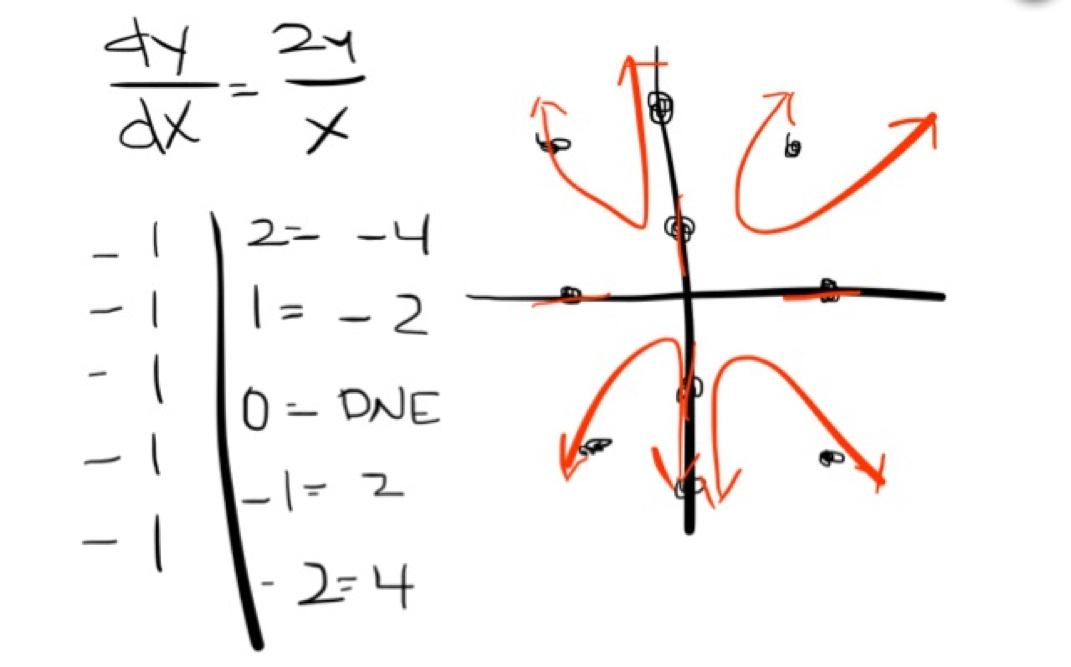
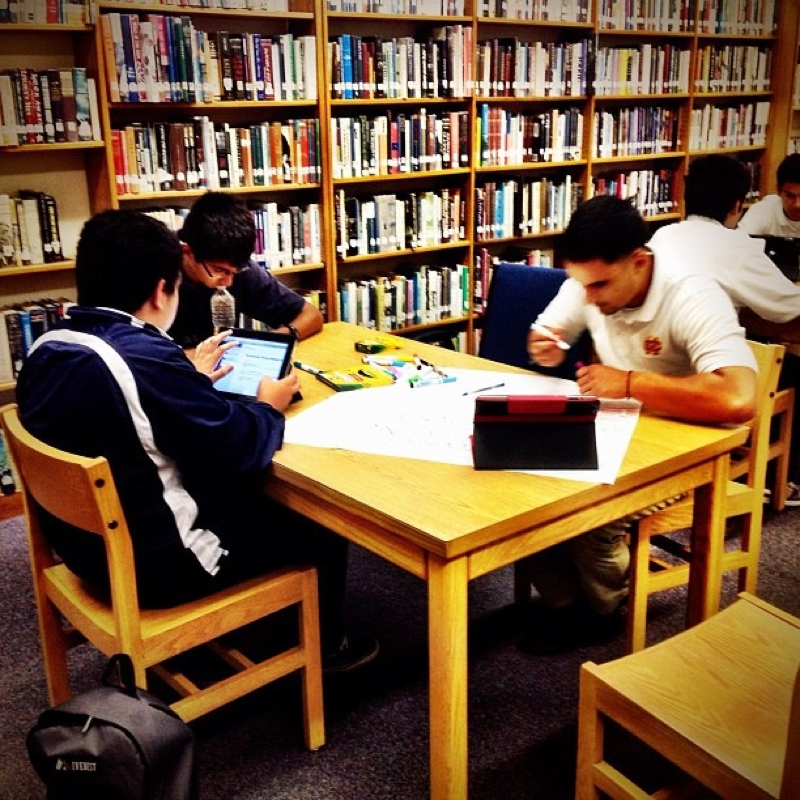
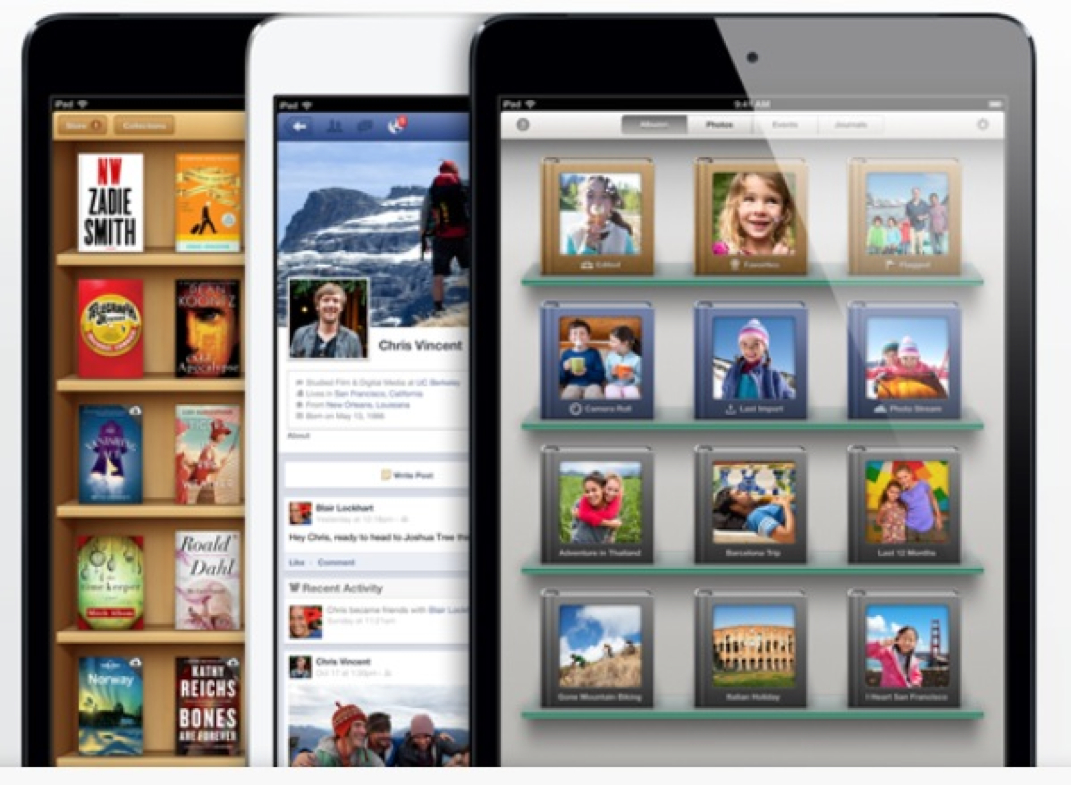
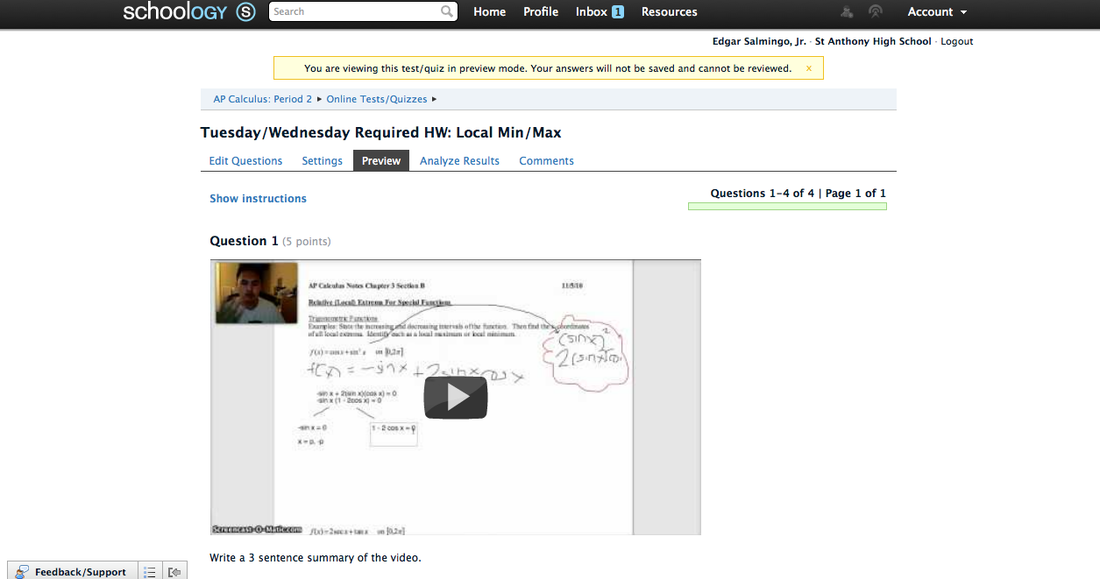
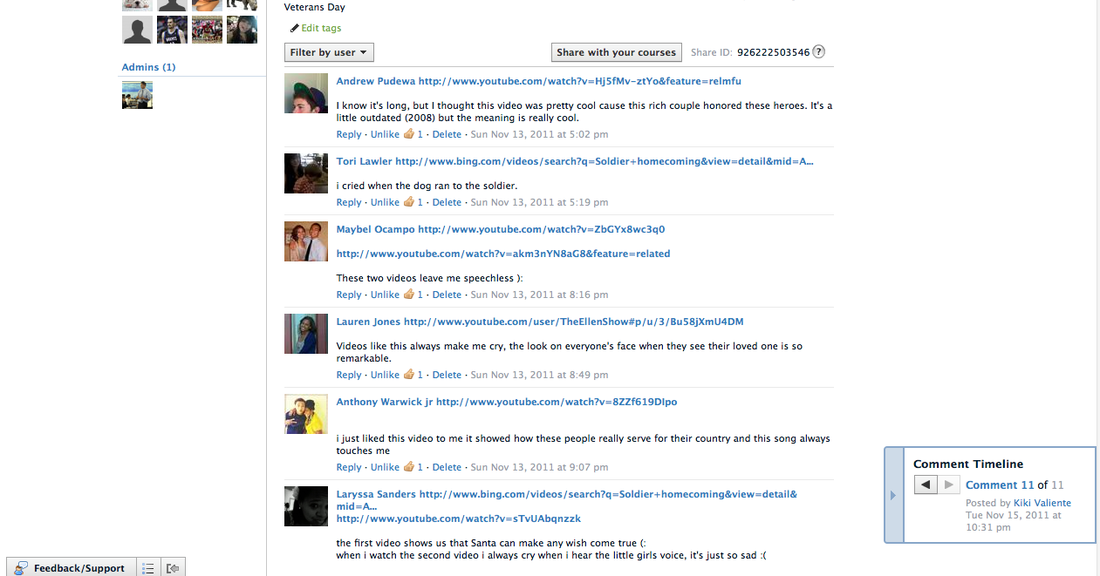
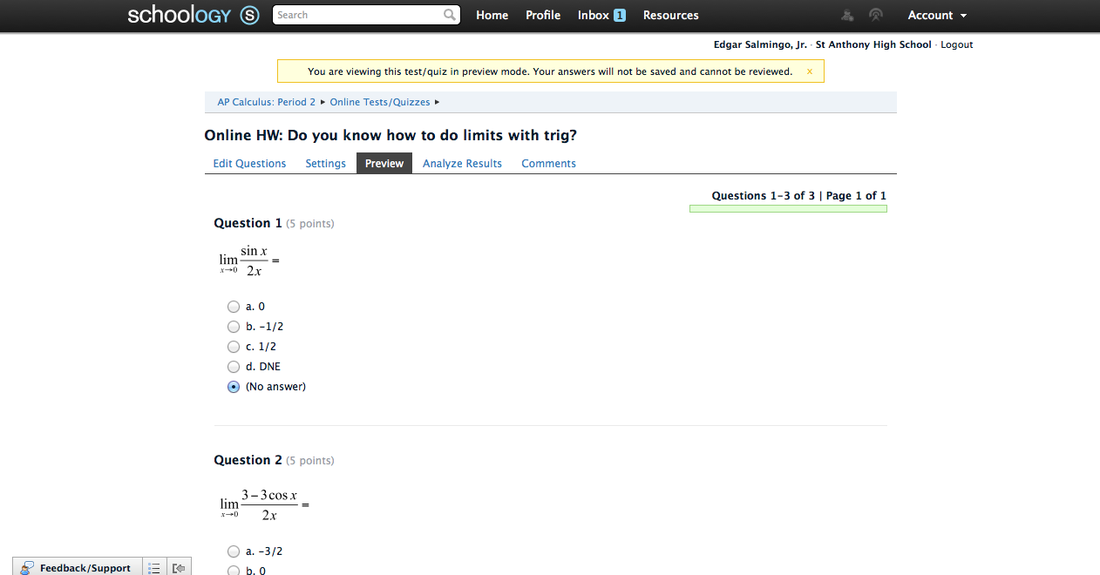
 RSS Feed
RSS Feed